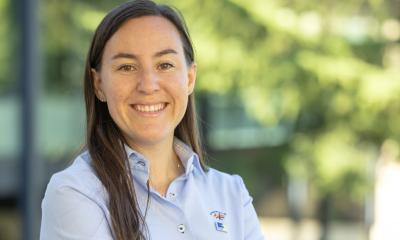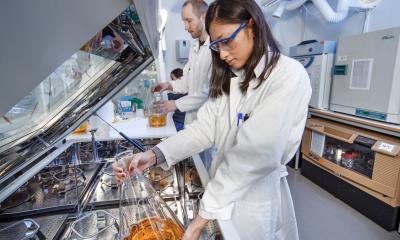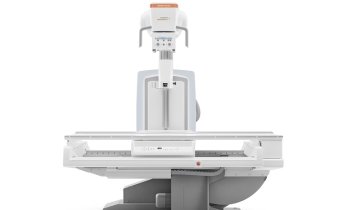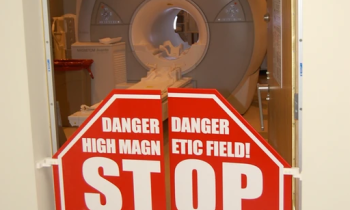What´s new in personalised molecular medicine and biomarkers?
In breast imaging, advances are constant. Dr Peter Brader, at the Department of Radiology, Division for Molecular and Gender Imaging, Medical University Vienna, believes a paradigm shift will take place in this and by 2025.
Diagnosis and treatment will move from a ‘one size fits all’ approach to personalised, molecular medicine with greater use of theranostics with combinations of targeted diagnostic and therapeutic agents that work sequentially or in tandem.
‘The use of more specific molecular imaging probes, along with highthroughput serum screening and biologically-targeted biopsies, will make it possible to apply a growing array of imaging, serum and tissue biomarkers to detect and characterise breast cancer. These will include predictive biomarkers for identifying the relative sensitivity or resistance of a disease to a specific therapy, or to identify disease not in need of treatment; biomarkers for assessing treatment response earlier than is possible with conventional means; and prognostic biomarkers that provide information about the likely outcome regardless of the specific treatment applied.”
Biomarkers
These are increasingly important in the early assessment of patient response to treatment. Consultant physicist Dr Stephen Keevil, Head of Magnetic Resonance Physics and R&D Lead for Imaging at Guy’s and St Thomas’ NHS Foundation Trust as well as Reader in Medical Physics at King’s College London, said the use of functional imaging biomarkers to assess early response to ‘personalised’ treatments e.g. for cancer, has increased.
At the moment, he said, ‘the criterion is whether the tumour gets smaller on structural imaging, but this is insensitive and functional/molecular imaging will give a much earlier indication of response, which will be important as increasingly treatments will only work with specific patients, for example, for genetic reasons.’ (Dr Keevil is also 2012-13 President of the United Kingdom Radiological Congress (UKRC).
22.02.2012










